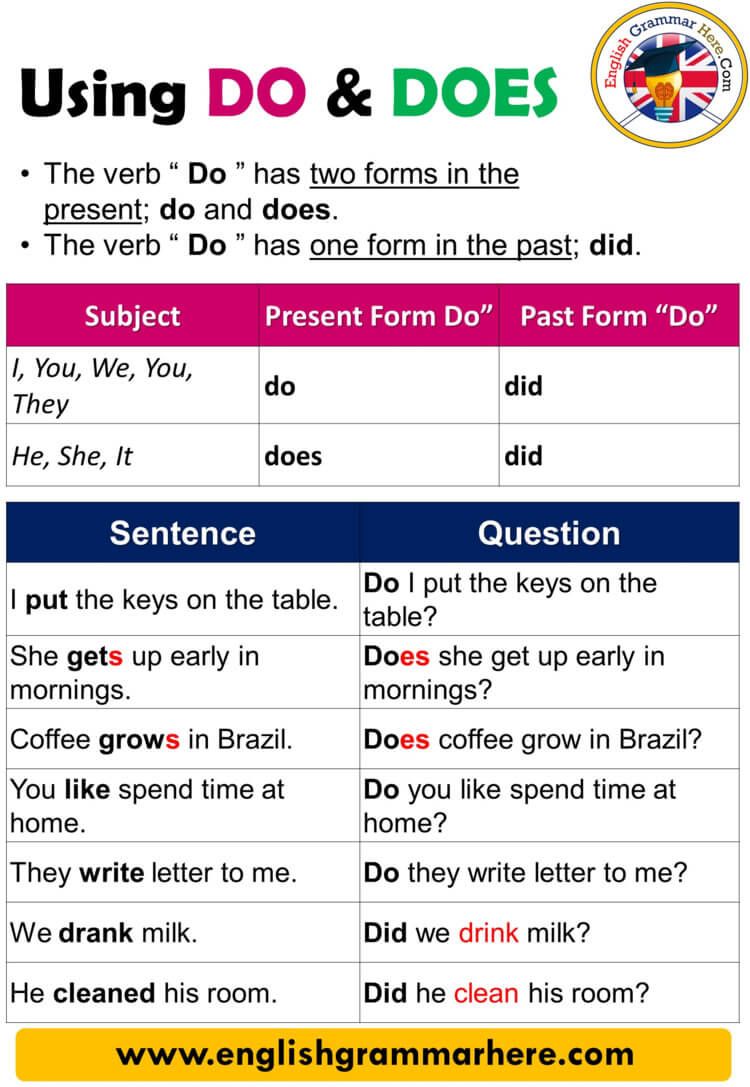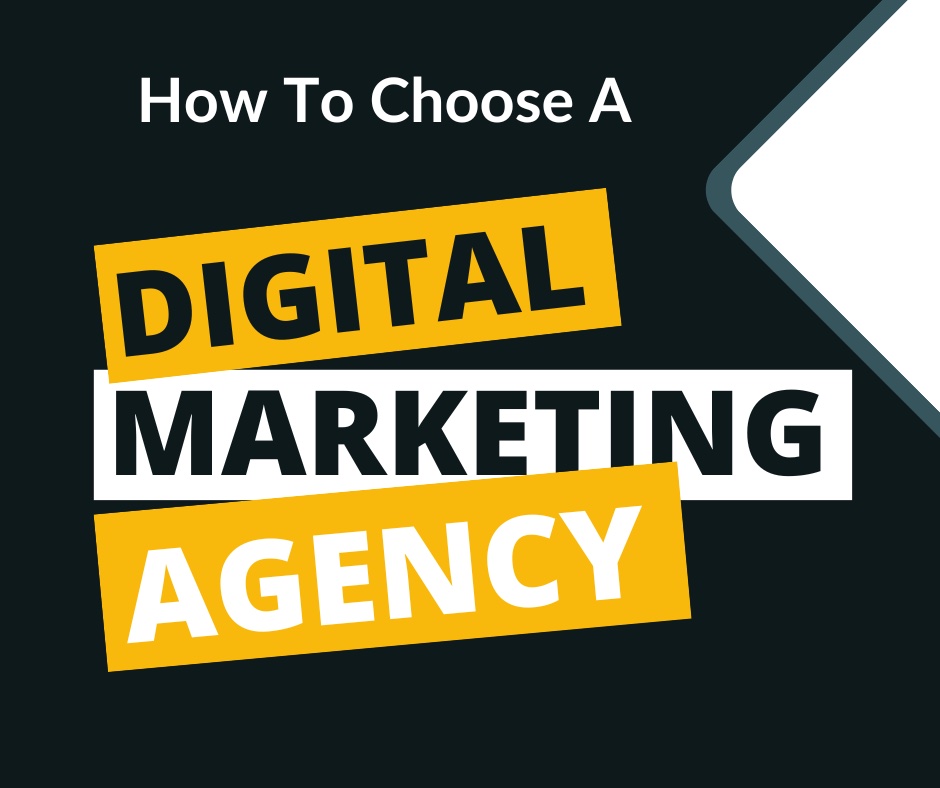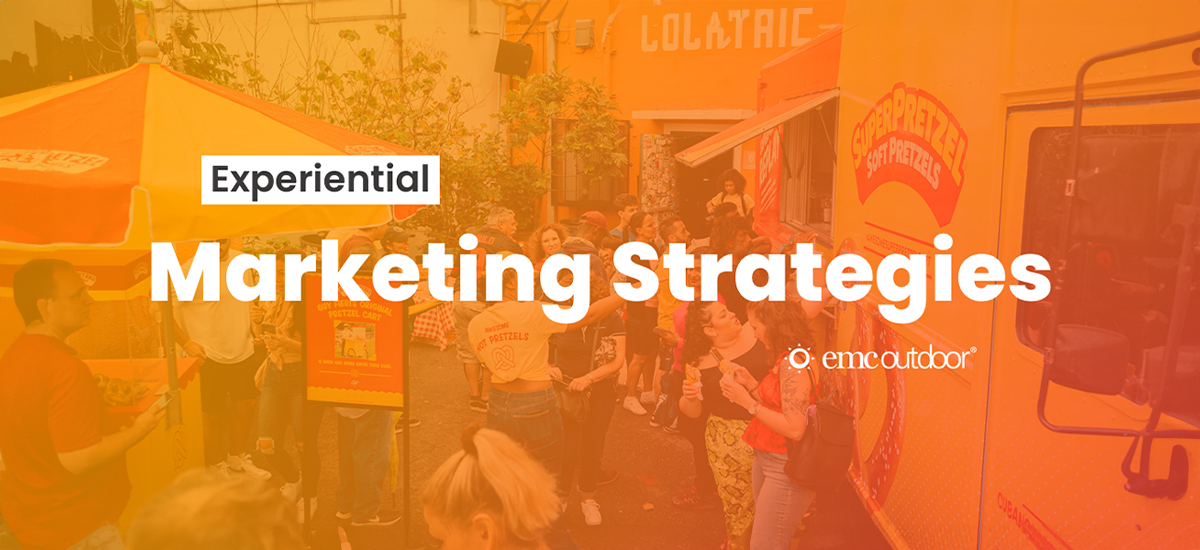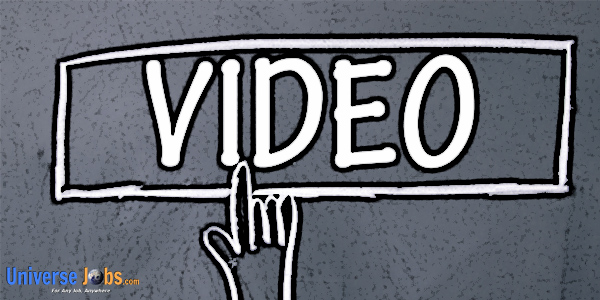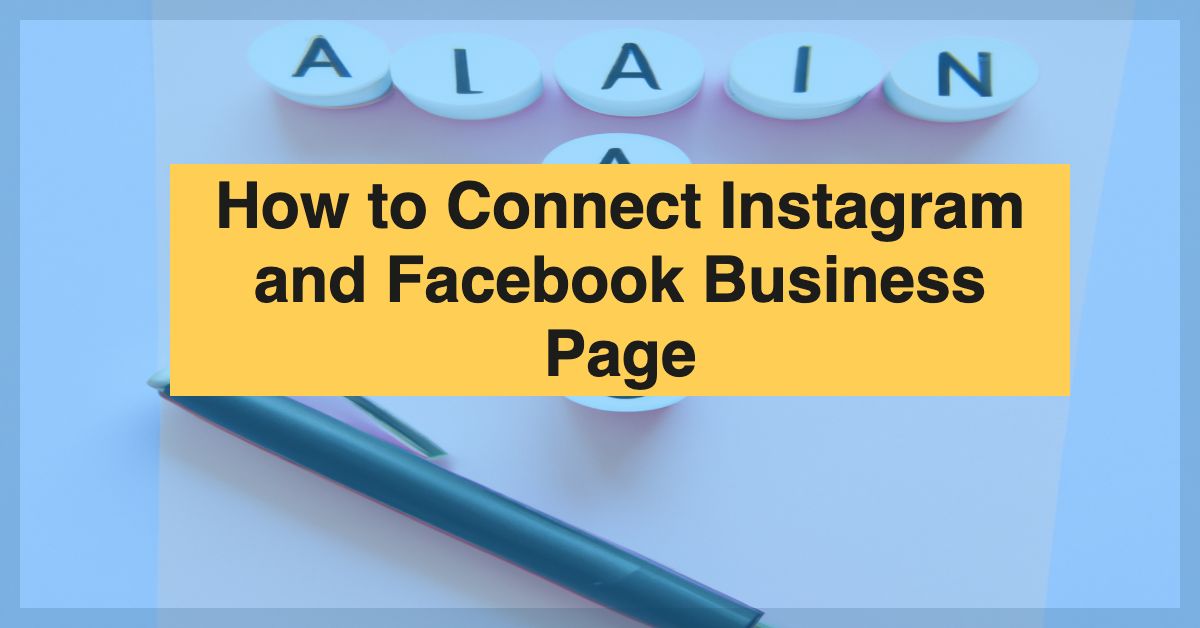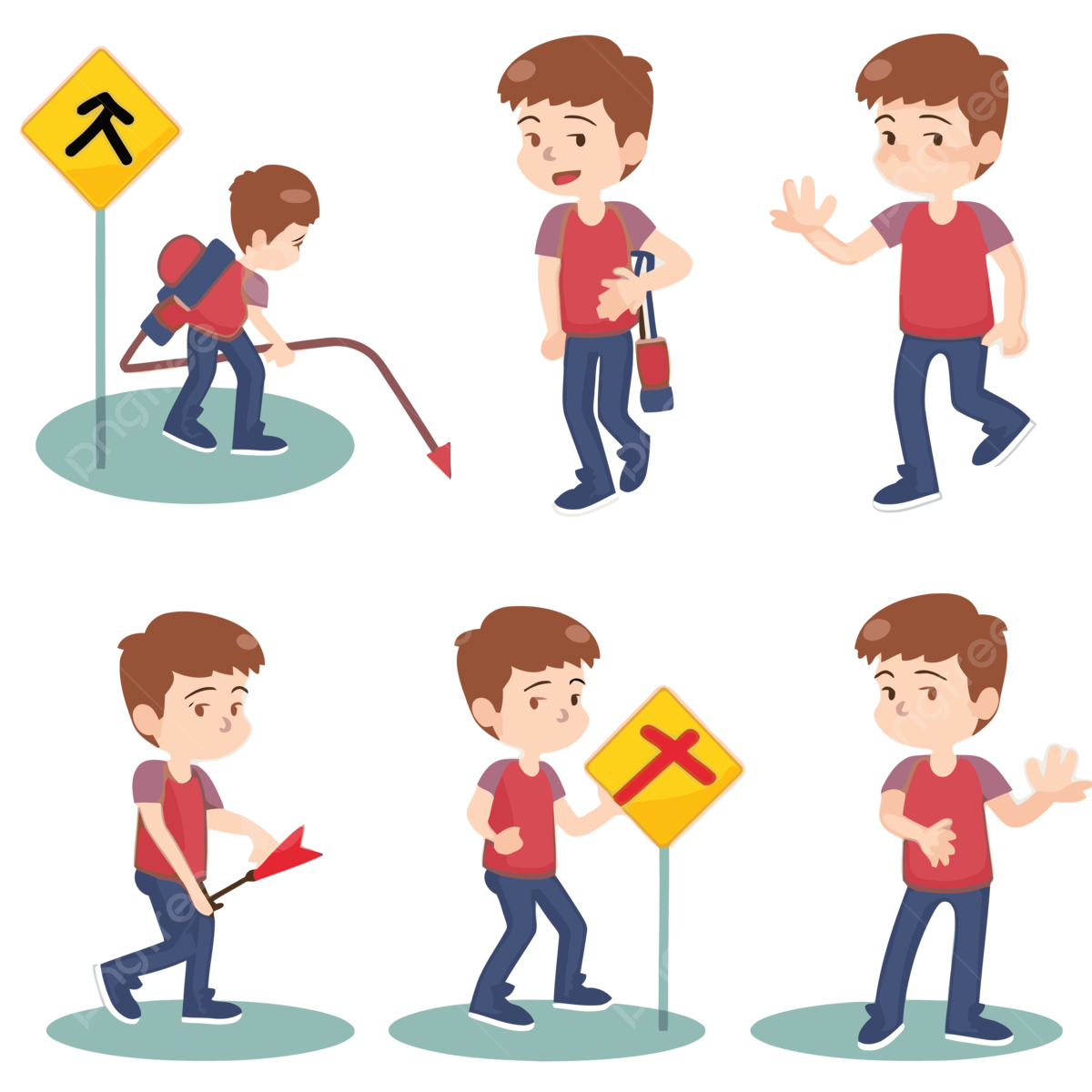Your Pathway to Digital Marketing: Skills, Strategies, and Opportunities
Introduction: The Expanding World of Digital Marketing
Digital marketing is now central to how brands connect with consumers, leveraging the power of online channels such as search engines, social media, and email to generate leads, build awareness, and drive sales. With global digital ad spending projected to reach $740 billion in 2024, the field offers unprecedented opportunities for growth, creativity, and professional advancement [1] . Whether you’re transitioning from another career, fresh out of school, or seeking to expand your marketing expertise, digital marketing welcomes diverse backgrounds and skill sets [2] .
Understanding Digital Marketing: Scope and Specializations
Digital marketing encompasses all promotional efforts using electronic devices or the Internet. This includes:
- Search engine optimization (SEO)
- Search engine marketing (SEM)
- Social media marketing and advertising
- Email marketing
- Content creation
- Data analytics
Many digital marketers choose to specialize in one area, such as social media management, search marketing, or email campaigns, while others manage all online activities for an organization. Understanding these specializations can help you target your learning and job search effectively [3] .

Source: girlsinmarketing.com
Step 1: Master the Fundamentals
Acquiring core technical competencies is the first essential step:
- SEO & SEM: Learn how websites rank on search engines and how paid advertising works. Focus on keyword research, on-page optimization, and campaign management using platforms like Google Ads [1] .
- Analytics: Tools like Google Analytics and Semrush can help you track, measure, and optimize marketing performance [4] .
- Social Media: Learn content creation, engagement strategies, and paid advertising on platforms like Meta (Facebook, Instagram), LinkedIn, and TikTok. Utilize management tools such as Hootsuite or Buffer to schedule and analyze posts [4] .
- Email Marketing: Master email campaign platforms like Mailchimp and Constant Contact. Practice creating compelling, personalized messages that drive conversions.
While some skills can be learned independently, structured bootcamps and online courses offer immersive, accelerated learning [2] .
Step 2: Build Practical Experience
Employers value hands-on experience. You can start building your portfolio through:
- Internships: Many organizations offer digital marketing internships. These provide mentorship, networking, and real-world exposure. Consider searching job boards like Indeed or LinkedIn for verified internship postings [3] .
- Freelancing: As a freelancer, you can offer services such as social media management, SEO audits, or content creation to small businesses, nonprofits, or local events. Set your own rates and build a client roster [5] .
- Side Projects: Launch a personal blog, manage a social media account for a local business, or build a simple website. These projects demonstrate initiative and allow you to practice core skills.
Document your work with metrics, such as audience growth, engagement rates, or website traffic, to showcase results to potential employers.
Step 3: Choose and Explore Your Specialization
Once you’ve mastered the basics, consider focusing on a niche area based on your interests and strengths. Common specializations include:
- Content Marketing: Creating and distributing valuable content to attract and retain audiences.
- SEO Specialist: Optimizing websites for search engines.
- Social Media Manager: Building brands and communities through social platforms.
- PPC Specialist: Managing pay-per-click advertising campaigns.
- Email Marketing Coordinator: Designing and executing targeted email campaigns.
Explore current job postings to identify the skills and certifications most in demand for your chosen area. You can use search terms such as “digital marketing jobs” or “SEO specialist roles” on established job boards.

Source: thrivemyway.com
Step 4: Invest in Continuous Learning and Professional Development
The digital marketing landscape evolves rapidly. Staying up to date through ongoing education is crucial:
- Online Courses: Platforms like Coursera, LinkedIn Learning, and Google Digital Garage offer verified, accessible courses in key topics. Search for “digital marketing certification courses” for current offerings.
- Bootcamps: Immersive programs such as BrainStation’s Digital Marketing Bootcamp are designed for accelerated skill development [2] .
- Certifications: Earning credentials from organizations like Google (Google Ads, Analytics) or HubSpot can help validate your expertise.
- Industry Events: Attend webinars, conferences, and local networking events to connect with professionals and stay informed about emerging trends.
Professional development is a continual process. Dedicate time each month to learning new tools, reading industry news, and connecting with peers.
Step 5: Build Your Professional Network
Networking is essential for career growth. Proven strategies include:
- Engage on LinkedIn: Connect with digital marketing professionals, join relevant groups, and contribute to discussions. Use search terms like “digital marketing professionals” or “marketing groups” on LinkedIn to find active communities.
- Participate in Forums: Platforms like Reddit, Moz Community, and industry-specific Slack groups provide opportunities to learn, ask questions, and share experiences.
- Mentorship: Seek out mentors in the field for guidance and support. Many professional organizations offer formal mentorship programs-search for “digital marketing mentorship programs” to find current options.
Building relationships can lead to job referrals, project collaborations, and access to insider knowledge about industry trends.
Step 6: Apply for Digital Marketing Roles
When you’re ready to start your career, follow these actionable steps:
- Prepare Your Resume: Highlight digital marketing skills, certifications, and hands-on experience. Quantify achievements where possible (e.g., “increased social media engagement by 40%”).
- Portfolio: Create an online portfolio showcasing your projects, campaigns, and results. Use platforms like Behance or a personal website to display your work.
- Job Search: Use established platforms such as Indeed, LinkedIn, and Glassdoor to find verified digital marketing job postings. Search for roles such as “Digital Marketing Coordinator,” “SEO Specialist,” or “Social Media Manager.”
- Interview Preparation: Research common interview questions and practice articulating your value and experience. Many organizations value candidates who can demonstrate both technical expertise and strategic thinking.
Remember to tailor your application materials for each role and organization. Highlight the most relevant skills and experiences based on the job description.
Potential Challenges and Solutions
Entering digital marketing can present challenges such as skill gaps, competition, or lack of experience. Address these obstacles by:
- Skill Gaps: Identify areas for improvement through self-assessment and take targeted online courses.
- Limited Experience: Start with side projects, freelance gigs, or internships to build your portfolio.
- Competitive Market: Differentiate yourself by specializing, obtaining certifications, and demonstrating measurable results.
Stay resilient and proactive; the field rewards adaptability and a commitment to learning.
Alternative Pathways and Additional Resources
In addition to traditional employment, consider:
- Freelancing: Register on platforms like Upwork or Fiverr to offer digital marketing services to clients globally. Always verify the legitimacy of freelance platforms before joining.
- Entrepreneurship: Launch your own digital marketing agency or consultancy, focusing on a particular niche or industry.
- Remote Work: Many digital marketing roles allow for remote or hybrid arrangements, offering flexibility and access to global opportunities.
To access additional resources, search for “digital marketing professional organizations” or “digital marketing certifications” to find up-to-date information from reputable sources.
Summary: Key Takeaways and Next Steps
Getting into digital marketing requires a blend of technical skills, practical experience, ongoing learning, and strategic networking. Begin by mastering the fundamentals, gaining hands-on experience, and choosing your specialization. Invest in professional development, build relationships, and apply for roles that align with your goals. With determination and the right resources, you can unlock significant opportunities in this dynamic and rewarding field.
References
- [1] Villanova University (2024). The Beginner’s Guide to Digital Marketing.
- [2] BrainStation (2025). How to Become a Digital Marketer.
- [3] Indeed (2025). How To Become a Digital Marketer in 6 Steps.
- [4] IMD (2025). How To Start in Digital Marketing? The 2025 Guideline.
- [5] American College of Education (2025). Career Guide: Digital Marketer.
MORE FROM dealhole.com


